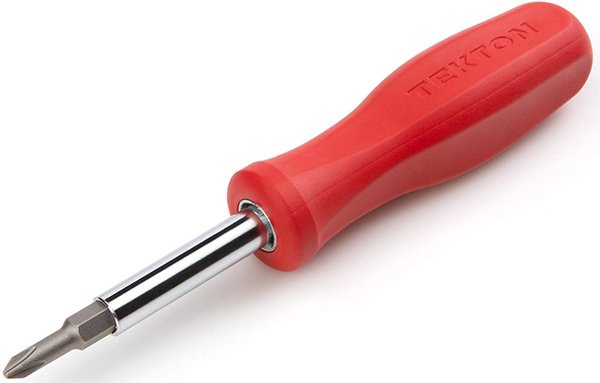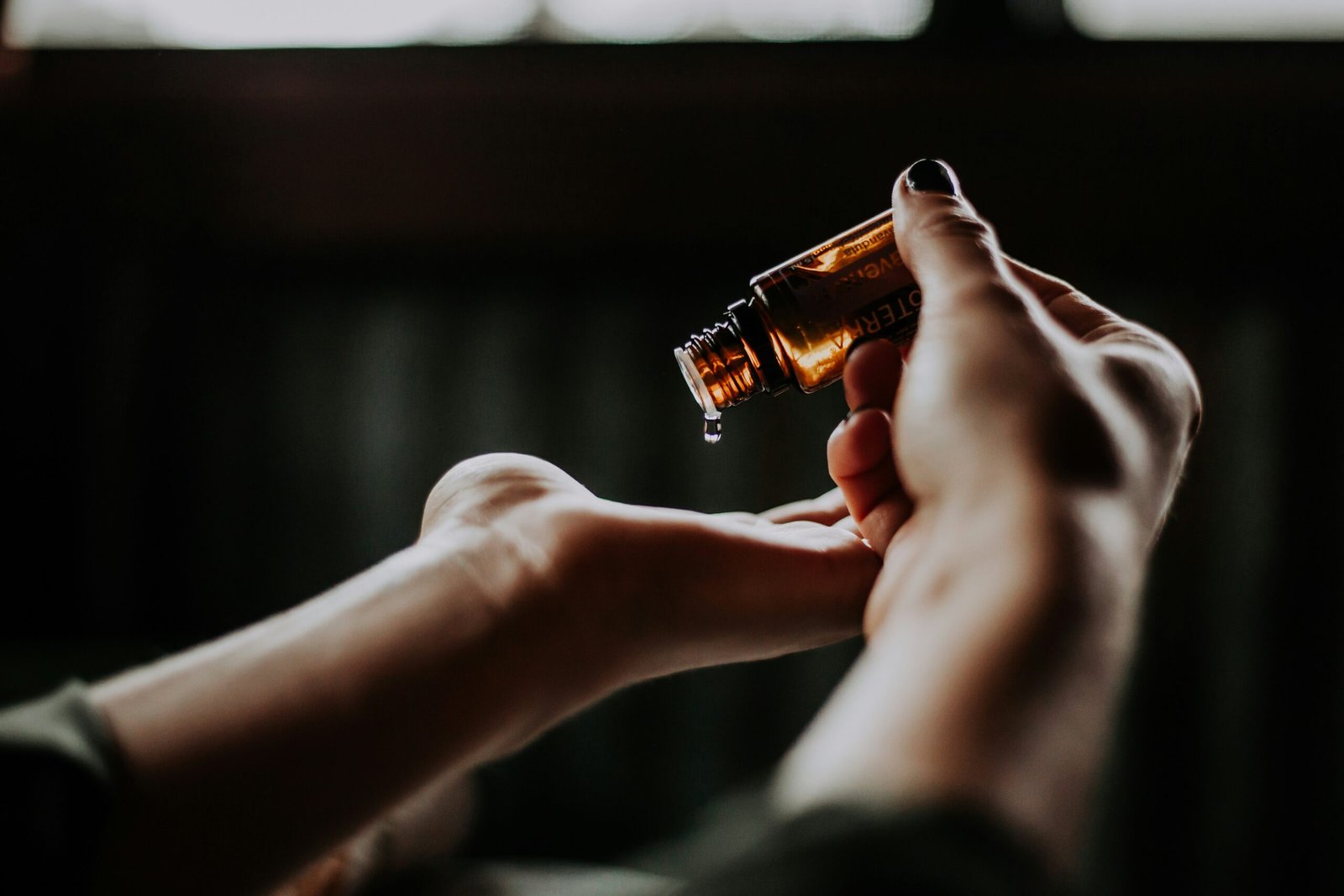Time heals all wounds, or is it what you do with your time that heals wounds?
Time, an abstract concept that surrounds and influences us all. It is often seen as a remedy for emotional pain and traumas: “Time heals all wounds,” a saying we’ve all heard at some point. But is time truly the magical force that fades pain, or is it rather our actions during that time that help us heal?
To answer this question, we must first understand what time truly is and how it influences our experience of pain and healing. Time is a continuous flow of moments, a dimension in which events occur and changes take place. It is an essential part of our human existence, but the way we experience and utilize it can vary greatly.
When we talk about the healing process of emotional wounds, it seems like time takes center stage. After a loss, a disappointment, or a traumatic event, the pain often feels unbearable. But over time, that pain seems to fade, as if slowly erased by the power of time itself. People tell each other, “Give it time, it will get better.” And often, that’s true.
This phenomenon can be partly explained by the natural tendency of the human mind to heal. Just as our bodies heal physical wounds through a complex process of cell regeneration, our minds also have mechanisms to process and heal emotional pain. Time can play a crucial role in this, as it gives us the opportunity to reflect, accept, and ultimately grow from our experiences.
But time alone is rarely sufficient to fully heal deep emotional wounds. It’s rather what we do with that time that makes the difference. The active healing process requires conscious effort, self-reflection, and sometimes professional guidance. Here are a few ways we can effectively use our time to heal wounds:
- Self-reflection and acceptance: Time provides us with the opportunity to look deep within ourselves and examine our emotions. By accepting what has happened and allowing ourselves to feel, we can begin to let go of the pain that holds us back.
- Seeking support: Time can also enable us to seek support from friends, family, or professionals. Sharing our pain with others can be a powerful means of connection and building healing relationships.
- Self-care: It’s important to take time for self-care during the healing process. This includes healthy habits such as exercise, proper nutrition, adequate sleep, and avoiding harmful coping mechanisms such as excessive alcohol or drug use.
- Learn and grow: Time also provides us with the opportunity to learn from our experiences and grow as individuals. By reflecting on what has happened, we can draw valuable lessons that help us become stronger and more resilient.
- Seeking professional help: Sometimes, the assistance of a professional therapist or counselor is needed to heal deep emotional wounds. Investing time in working with an expert can provide us with the right tools and support needed for recovery.
By actively participating in this process of self-discovery and growth, we can maximize the power of time and effectively heal our wounds. It’s not just time itself that heals, but rather the way we choose to use our time.
The saying “time heals all wounds” thus has a grain of truth, but it doesn’t tell the whole story. Time is merely a tool, a framework within which healing can take place. It’s up to us to utilize that time and actively work on our recovery.
In conclusion, time heals wounds, but it’s what you do with your time that truly heals wounds. By consciously investing in our healing process, we can emerge from our painful experiences more resilient, wiser, and stronger.












+ There are no comments
Add yours